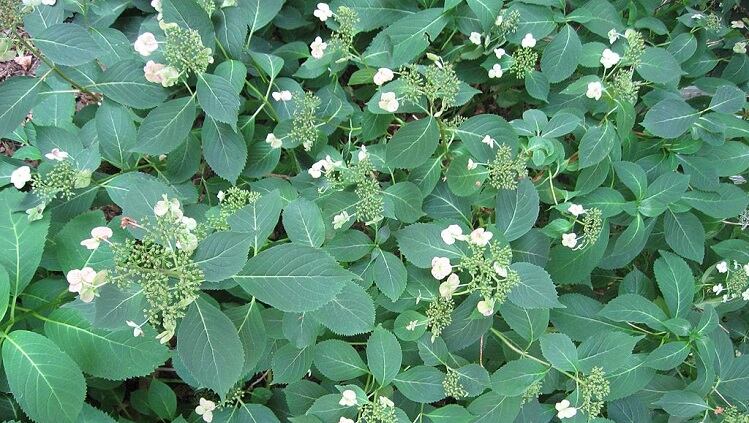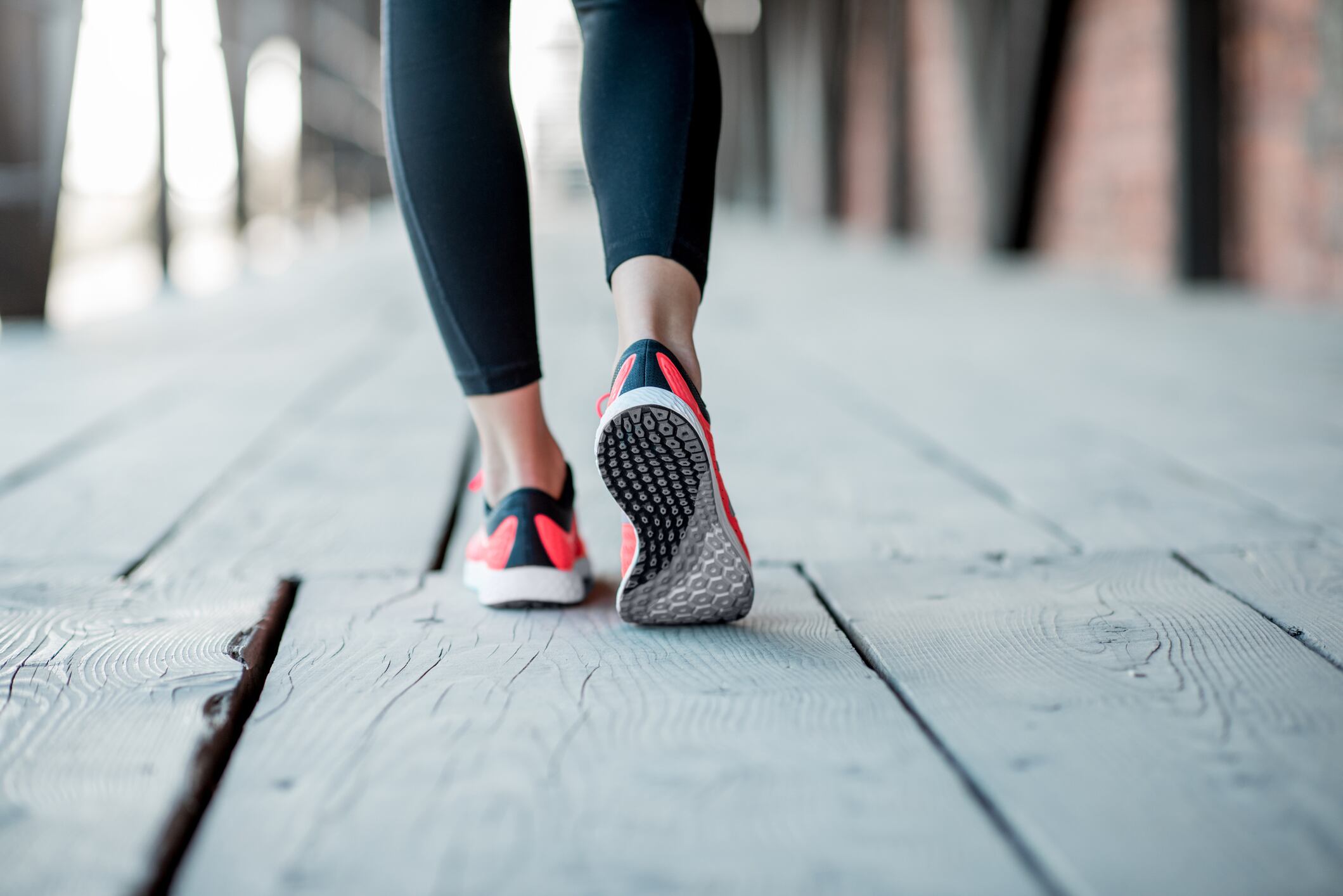The researchers, associated with Kyung Hee University and the Korea Institute of Science and Technology, both in Seoul, tested the skin-health efficacy of Hydrangea serrata extract using fibroblasts of human cell culture (in vitro) as well hairless mice (in vivo).
Also involved in the study were researchers from the Department of New Material Development at South Korea-based COSMAXBIO, which develops and provides ingredients to cosmetics brands around the world.
“Our in vitro and in vivo experiments showed that [hydrangea extract] effectively prevents skin photoaging,” they wrote in their report, published in the journal Nutrients last week. They posited that the extract helped by enhancing collagen deposition and inhibiting a group of enzymes called matrix metalloproteinases, responsible for the degradation of most extracellular matrix proteins.
Moreover, from the study on mice, the researchers found that the animals supplemented with hydrangea extract orally exhibited “procollagen type I production in the dorsal skin tissues,” which “also support the effect of [hydrangea extract] on ameliorating photo-damaged skin.”
Creating the extract
The aim of the study was to investigate the efficacy of hot water extracts from Hydrangea serrata leaves, which contain a compound called hydrangenol. The botanical is also known by the names mountain hydrangea and tea of heaven.
According to the researchers, leaves from this botanical have been consumed as a tea and as medicine in the cultures of Korea, China and Japan, with studies led by researchers from these countries linking it to anti-inflammatory, anti-diabetic, and liver protective activities.
No sub for sunscreen
Ultraviolet B-exposure claims in the US
Making claims about protecting the skin from sun damage, or ultraviolet B rays, is tricky in the US. FDA commissioner Scott Gottlieb sent out a statement to the public last summer reminding consumers that dietary supplements should not be used to protect the body from sun damage. Additionally, it sent warning letters to several supplement companies making sun-protection health claims.
To the FDA, sun damage is a disease, and claiming to prevent sun damage is reserved to drugs with Drug Facts panels as opposed to Supplements Facts.
Experts in the field, as well as ingredient suppliers, have argued that supplements with ingredients that have been studied for sun-exposure protection benefits should not market products as a substitute for sunscreen. Rather, such products can be marketed as a complement to skin health routines.
The researchers made their own extract for the study, as opposed to using commercialized versions on the market. Dried leaves of mountain hydrangea were extracted with distilled water at 98 degrees Celsius for five hours. Then, the result was spray-dried.
Study details
The main outcomes the researchers investigated were expressions of the matrix metalloproteinases enzymes, production of pro-collagen type I, skin wrinkle formation, and physiological analysis of skin surface (for hydration and transepidermal water loss).
For the in vitro portion of the study, the researchers used fibroblasts of human skin on a petri dish. They exposed the samples to ultraviolet B rays.
After exposure to the rays, they added hydrangea extract for 24 hours.
They then measured cell viability and intracellular reactive oxygen species in the sample. They found that after treating the fibrobast with the extract, reaxtive oxygen species generation was suppressed, hinting at an antioxidant effect that may inhibit photoaging damage.
They also found that though the ultraviolet B exposure altered the expression of different enzymes that regulate collagen turnover, the hydrangea extract treatment reversed negative patterns that are linked with collagen degradation.
The in vivo portion, done on 40 hairless mice, helped researchers observe the extract’s potential benefits on prolonged ultraviolet B exposure.
They found that the mice supplemented with the extract daily had “diminished epidermal thickness, wrinkling, and transepidermal water loss in the dorsal skin of mice,” supporting the hypotheses that hydrangea extract ingestion may support the skin’s health.
The study was funded by a grant from the Korea Institute of Planning and Evaluation for Technology in Food, Agriculture, Forestry, and Fisheries.
Source: Nutrients
Published online, doi:10.3390/nu11030533
“Hydrangea serrata (Thunb.) Ser. Extract Attenuate UVB-Induced Photoaging through MAPK/AP-1 Inactivation in Human Skin Fibroblasts and Hairless Mice”
Authors: Hee-Soo Han, et al.


